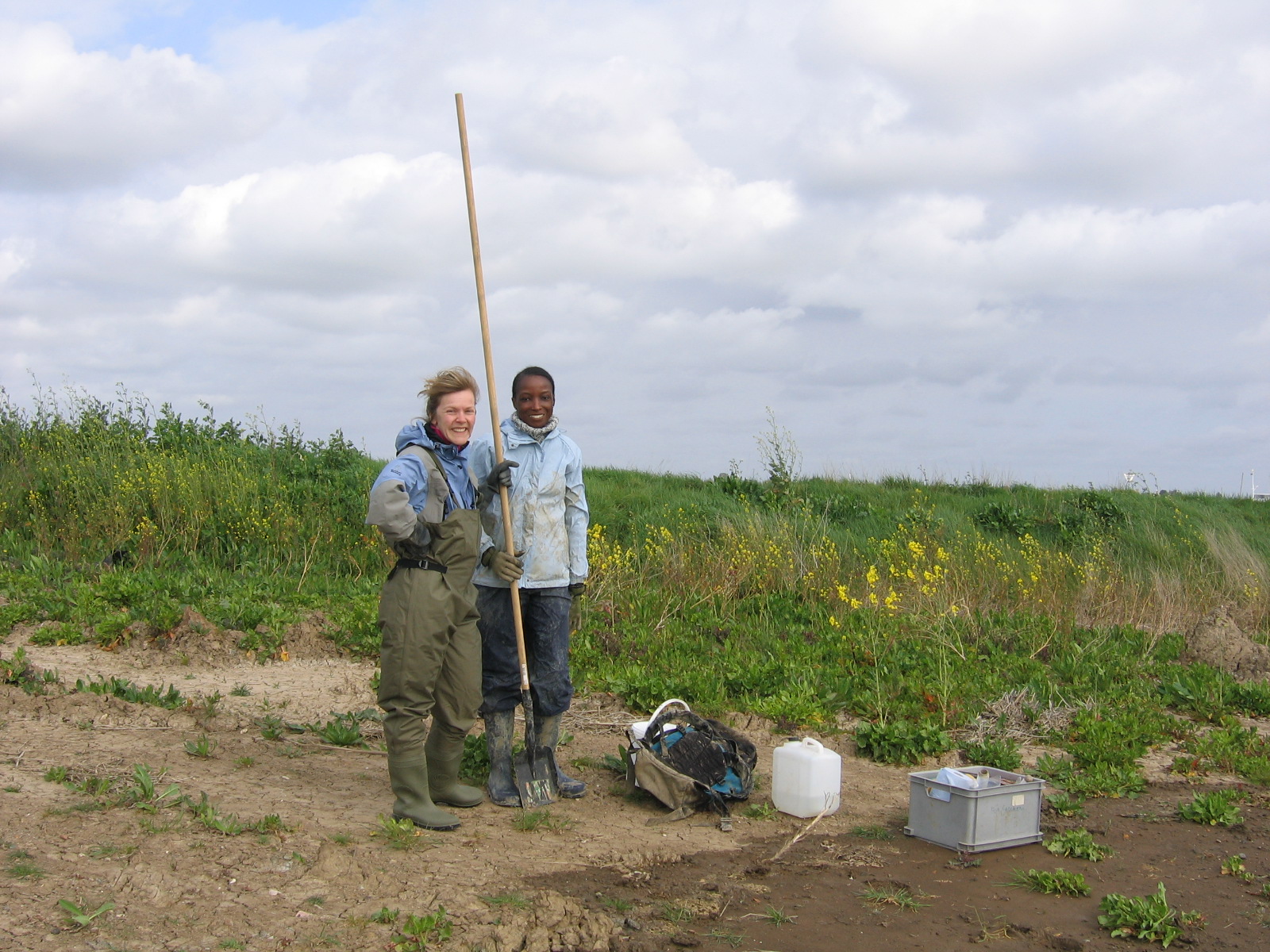Margaret joined King’s as a teaching fellow in 2016. Margarets’s research interests focus on nutrient and contaminant cycling in estuarine and saltmarsh environments, hydro-environmental impacts of tidal renewable energy extraction and saltmarsh resilience to contemporary and future environmental change.
• Where are you from?
I am originally from Nigeria in West Africa. But, I came to the UK in 2004 to do a master’s degree at Imperial College London and I have lived in the UK since then.
• Why did you choose Geography?
I gained an interest in the study of the environment during my bachelor’s degree after undertaking a course in ecology. This culminated in my developing a strong conviction on the need to equip myself with the requisite knowledge and skill that will enable me make vital contributions towards ensuring that the government gives due recognition to the management of a healthy environment in my home country. As a first step in this direction, I completed a Shell Centenary Scholarship funded MSc. in Environmental Diagnosis at Imperial College London. During my postgraduate study, I decided to develop my career doing research on the analysis, assessment and management of the environment. And so, I went on to do my PhD. research in Physical Geography at Queen Mary University of London. This fulfilled my craving to be involved in activities which are intellectually exciting and stimulating. It also enabled me contribute my own quota to uncovering new knowledge in my specialised area of study.
• Tell us about your field
My field of research cuts across two main areas. The first area examines the mobilisation and release of particle-associated contaminants, including metals, from saltmarshes restored by coastal managed realignment. The second area aims to provide a better understanding of the impacts of tidal renewable energy extraction on water quality and ecological processes in coastal environments and to find mitigating measures to minimise such impacts, particularly the risk of eutrophication by nutrient enrichment.
• Why is it important?
My research on saltmarsh restoration aids the development of comprehensive coastal zone management strategies. In addition, my second area of research tackles one of the main challenges facing the tidal renewable energy sector in the UK: the lack of understanding of the environmental impacts associated with tidal renewable energy schemes. My work aims to answer the environmental concerns and to find mitigating measures to minimise the impacts. Hence, it is making a vital contribution towards enabling and supporting a sustainable tidal renewable energy sector in the UK with the aim of delivering a low carbon future in the UK and globally.
• Tell us about an interesting or surprising finding you’ve come across recently?
Through a combination of tidal simulation experiments which I conducted in the laboratory and field observations, I have found that metals are released from saltmarshes during coastal managed realignment and the highest amounts are released within the first few tidal cycles, with short-term impacts on water quality.
